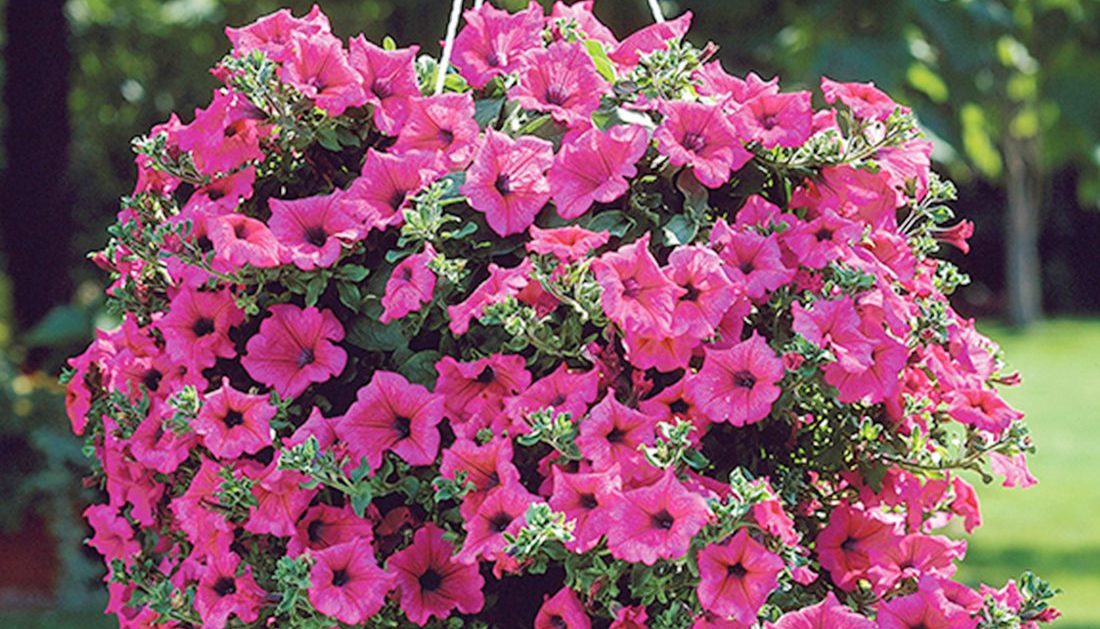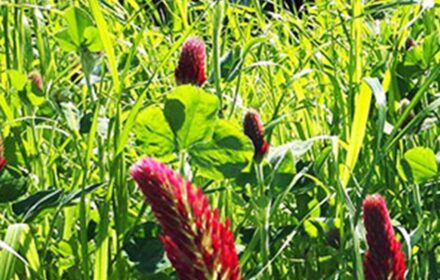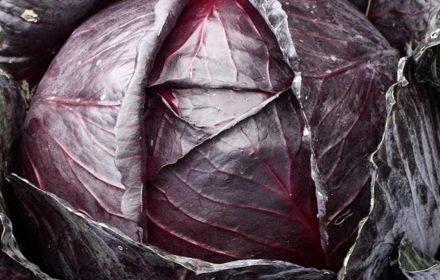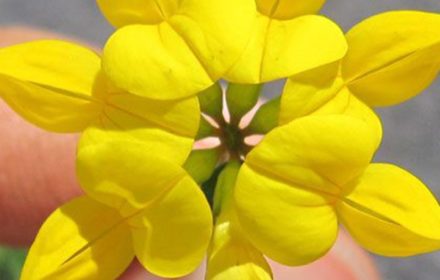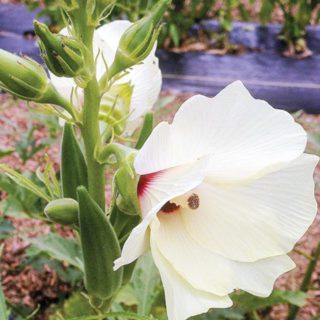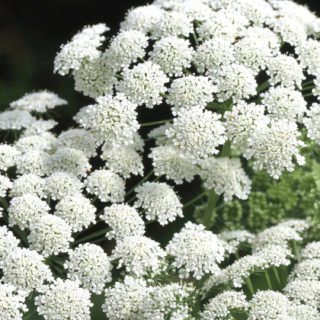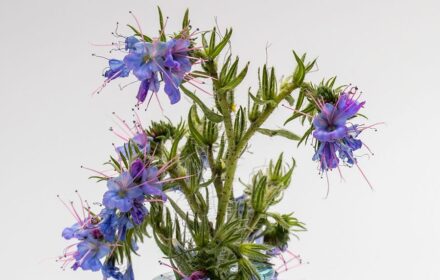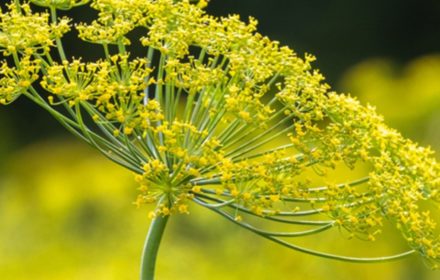How to Sow Rose Pink Petunia Seeds
Rose Pink Petunias are renowned for their stunning deep-veined pink blooms, which reach approximately 10 cm (4 inches) in diameter. These half-hardy annuals are perfect for hanging baskets, containers, and garden borders, offering both upright and trailing growth depending on their spacing. With stems growing up to 38 cm (15 inches) in length, they create a striking display in any garden. Petunias thrive in warm, sunny conditions and are ideal for both indoor and outdoor cultivation.
When and Where to Sow Rose Pink Petunia Seeds
- Indoor Sowing: Start seeds indoors from early spring (January to March) to give plants a head start before transplanting outdoors after the last frost. Use seed trays or small pots placed in a warm, well-lit location.
- Outdoor Sowing: Direct sowing is possible from late spring to early summer (May to June) once the risk of frost has passed and temperatures are consistently warm. Choose a sunny location in borders, pots, or hanging baskets.
Ideal Growing Conditions for Rose Pink Petunias
- Soil Requirements: Prefers light, well-draining, nutrient-rich compost or a fine-grade seed-starting mix. Ensure good drainage to prevent root rot in containers or beds.
- Sunlight: Requires at least 6 hours of full sun daily for optimal flowering. Can tolerate partial shade, but this may reduce bloom production.
- Temperature: Ideal germination temperature: 21-27°C (70-80°F). Petunias are not frost-tolerant, so avoid exposure to cold temperatures.
How to Sow Rose Pink Petunia Seeds Indoors
- Prepare Containers: Fill seed trays or pots with fine, well-draining compost.
- Sowing Depth: Petunia seeds are very small and should be surface sown. Press seeds lightly into the soil but do not cover them, as they require light for germination.
- Moisture and Humidity: Cover trays with polythene wrap or cling film to retain humidity. Keep compost moist but not waterlogged.
- Germination Conditions: Place trays in a bright, warm spot (21-27°C). Germination occurs within 14-21 days under ideal conditions.
- Thinning and Transplanting: Once seedlings reach 2.5 cm (1 inch) in height, remove the cover. When plants grow to 7.5 cm (3 inches) tall, transplant them into larger pots or their final growing location.
How to Sow Rose Pink Petunia Seeds Outdoors
- Soil Preparation: Loosen the soil and mix in compost to improve drainage and fertility.
- Sowing Depth: Scatter seeds lightly over the soil surface and do not cover them.
- Watering: Gently mist the area to keep the soil evenly moist.
- Spacing: Space plants 30 cm (12 inches) apart for upright growth. Planting closer together in containers will encourage trailing growth.
Caring for Rose Pink Petunia Plants
- Watering: Water regularly, especially in dry weather, but avoid waterlogging. Hanging baskets and containers dry out quickly, so monitor moisture levels frequently.
- Feeding: Apply a balanced liquid fertiliser every 2-3 weeks once plants are established to encourage continuous flowering.
- Deadheading: Remove faded flowers regularly to prolong blooming and encourage new growth.
- Pinching Back: Pinch back young stems early in growth to promote a bushier habit and more flowers.
Harvesting and Enjoying Petunias
- When to Expect Flowers: Petunias typically start flowering 10-12 weeks after sowing, depending on conditions. Continuous blooming can last from late spring through autumn with proper care.
- Encouraging Trailing Growth: Planting closely together encourages longer, cascading stems in hanging baskets and window boxes.
Common Questions About Growing Petunias
- How much sun do petunias need? Petunias thrive in full sun and require at least 6 hours of direct sunlight daily.
- How long does it take for petunias to flower? Petunias typically bloom 10-12 weeks after sowing, depending on growing conditions.
- Can petunias grow in partial shade? Yes, but they produce fewer flowers in shadier areas.
- How do I encourage petunias to trail? Plant them closely together in containers or hanging baskets to encourage cascading growth.
- Do petunias need deadheading? Yes, removing spent blooms regularly encourages new flowers and extends the blooming season.
By following these steps, you can enjoy vibrant Rose Pink Petunias throughout the growing season, adding a splash of colour to your garden, patio, or balcony.

